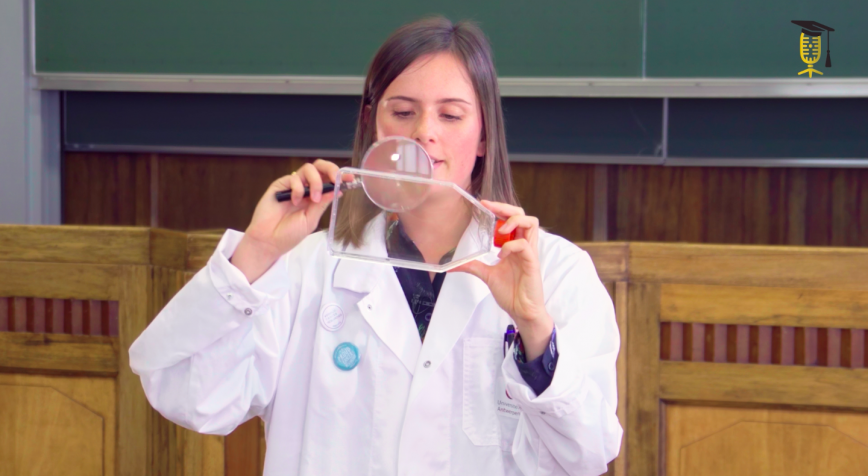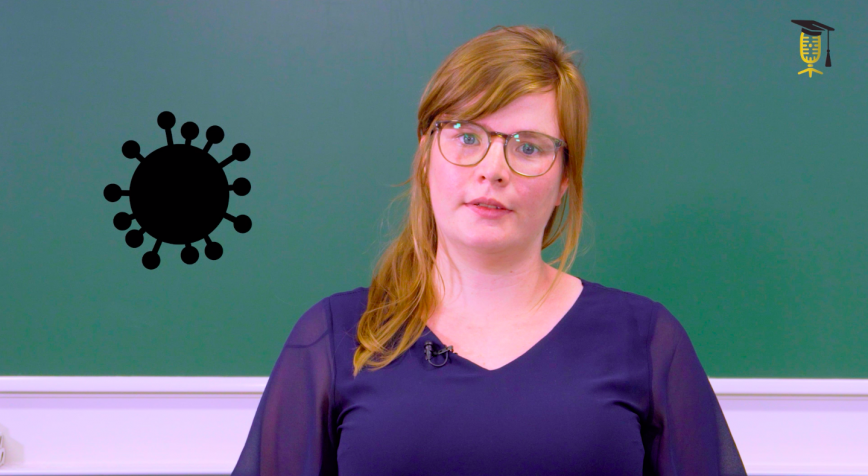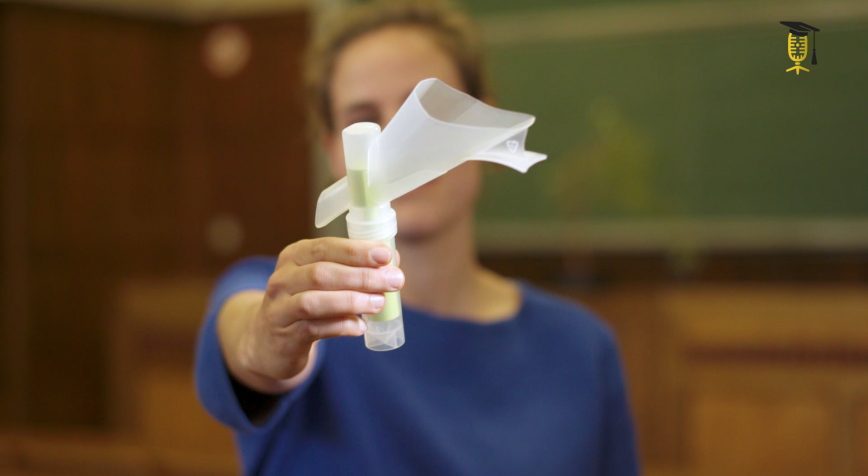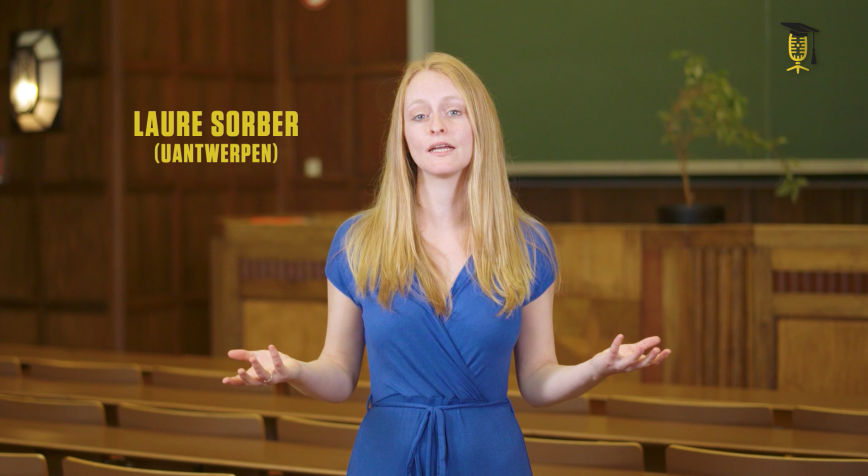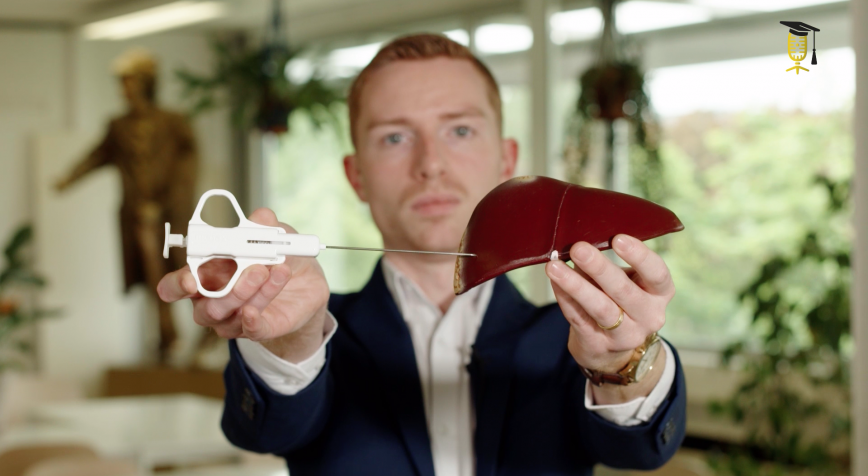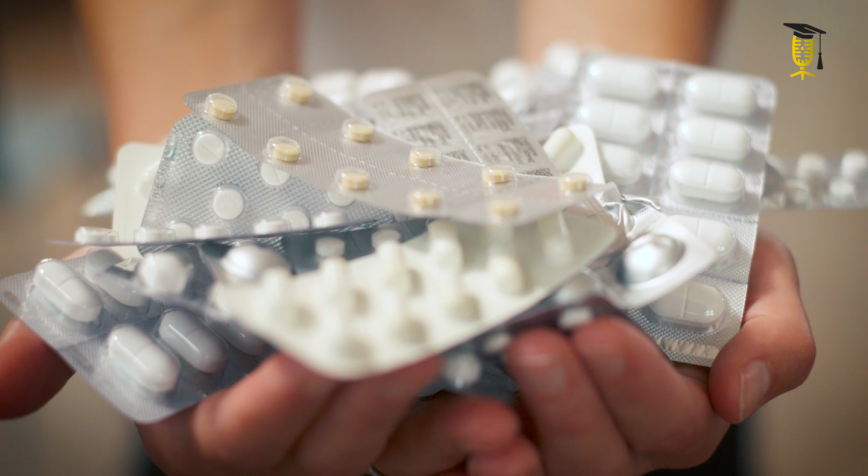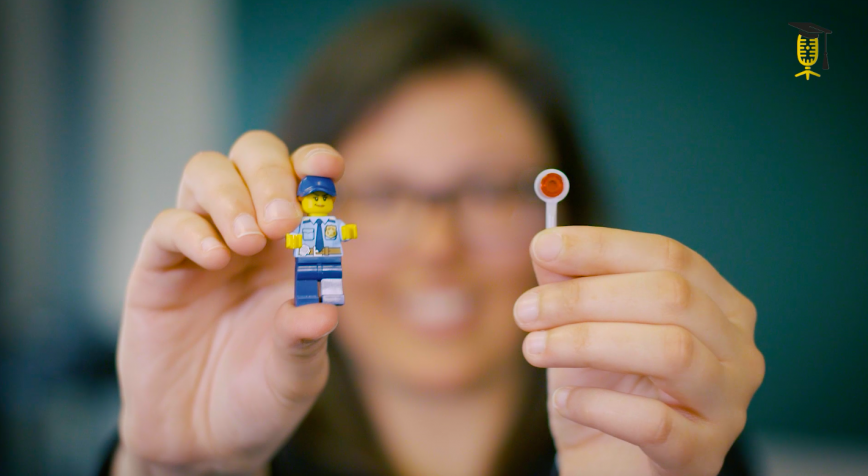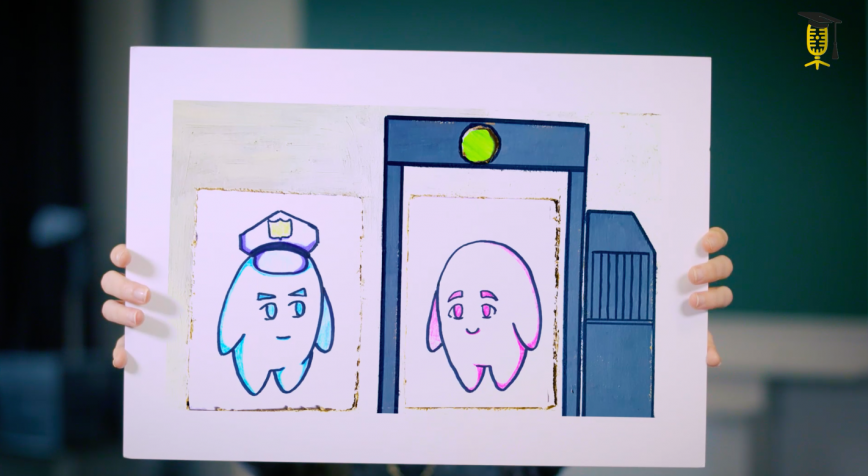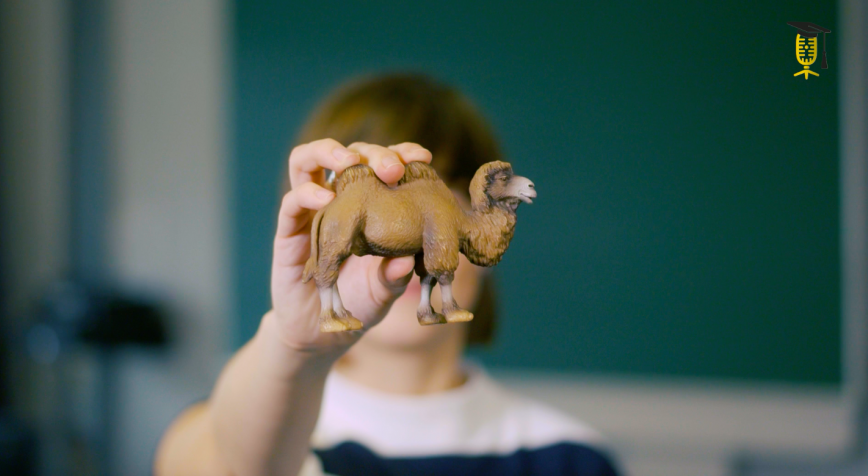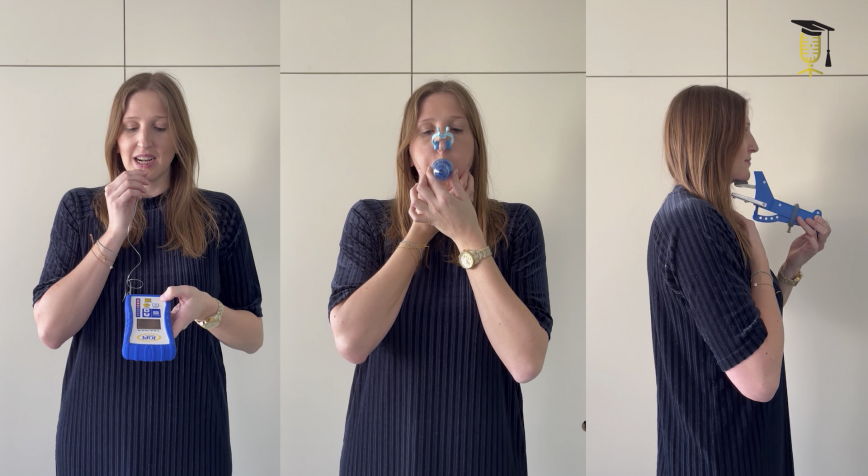
KU Leuven
UAntwerpen
Chronic swallowing problems after head and neck cancer
Thanks to new radiotherapy techniques, more and more patients with head and neck cancer are surviving. But for 70% of them, this radiation causes chronic swallowing problems, making it difficult to eat and drink. Hanne Massonet hopes to help them enjoy food and drink again by training their tongue, mouth, and throat muscles.
